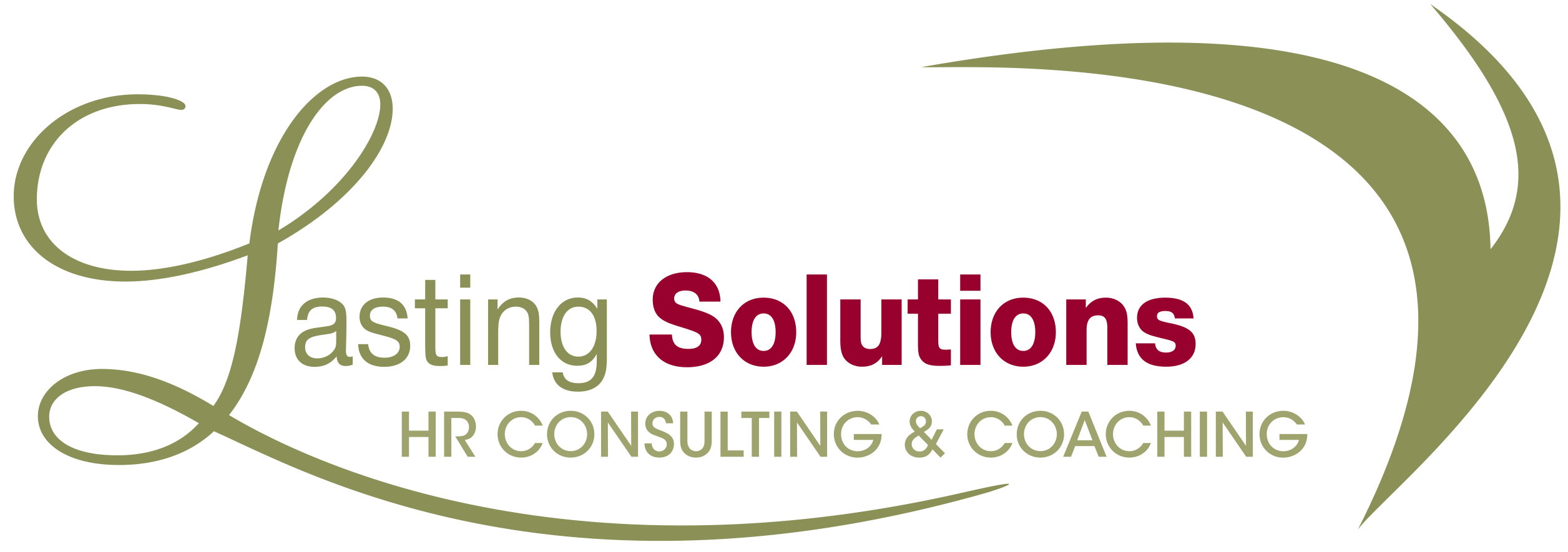“If Only I Had Known”
How Understanding your Personal Behaviour Will Help your Career
A few years ago I worked with a client who was in transition. He was terminated from a company he loved, a company he had been with for many years, and the termination was a result of some performance conflicts he had been having that affected his behaviour. As we went through the transition process, we spent some time on helping him understand his natural behaviour patterns. It was during this process that he exclaimed, “Now I get it; if I had only known, I could have made changes.”
It was a very powerful moment for both of us—for him, it was because he instantly recognized that his behaviour during challenging times was quite normal to him but not acceptable to the company on a regular basis. For years he had success within the company because he always said ‘yes,’ as he wanted to please his employer, to learn and grow with the company. This arrangement worked well for years for both parties, and because he could do more, he was rewarded and promoted and the company did well. Prior to his departure, the client was still offering his regular ‘yes,’ but he was feeling overworked all of the time and his performance struggled. However, he felt by saying ‘no’ he would be letting his employer down. Based on his natural behaviour patterns, he became indecisive, non-emotional, and, at times, passive aggressive. When spoken to about this behaviour, the client became defensive—he didn’t see it that way at all and, in turn, he did not take accountability for the behaviour change, which ultimately led to his termination. Our process helped him to understand that.
For me, this moment made me sad because the termination could have been avoided, but beyond that moment, it made me very excited as we discussed how to make sure this situation wouldn’t happen again. We explored the specific reasons this behaviour came about, what triggered it, how to help him recognize this behaviour so it wouldn’t happen again, and lastly, and most importantly, it gave us some grounding to determine what his next career move should be so he would not have to face these challenges as much in the future.
This process, essentially, helped my client realize that it was time for him to slow down, not have such a complex role, and understand there is much more to life beyond the demands of work during working hours and the blackberry on the hip outside of working hours. And so, he began to tailor his job search, looking for work where the significant pressures of management, in a very fast-paced environment, were not bombarding him. This renewed clarity was the catalyst in helping my client find his next career move.
While many of us believe we understand our own behaviour, it can often be very subtle and subconscious. When we are happy and in a good space, life is easy and it flows. When we are challenged, we all behave differently. Sometimes when under pressure we say things or do things that we believe are quite unnatural characteristics for us, but truly, it’s our own natural behaviour creeping through. Learning about who we are and what our own natural tendencies are, in a conscious manner, is important not only for our careers but for all aspects of our lives.
Learning about these elements in a conscious manner holds many advantages for us. It can do the following:
- Maximize our strengths
- Minimize our limitations
- Help us adjust our behaviour quickly for differing situations
- Help us gain credibility quickly
- Improve co-operation through better communication and rapport
- Aid in developing our “people” skills
- Increase the feeling of being in “control”
If you would like more information regarding career strategy, please check out my Free Resources tab on my website at www.hrcareertransition.com, Like me on Facebook at Conscious Career Planning with Lotte, follow me on Twitter @lottestruwing, or connect with me on LinkedIn at Lotte Struwing.


One Comment
Very insightful and so true! I enjoy all your articles so much…Thanks for sharing!